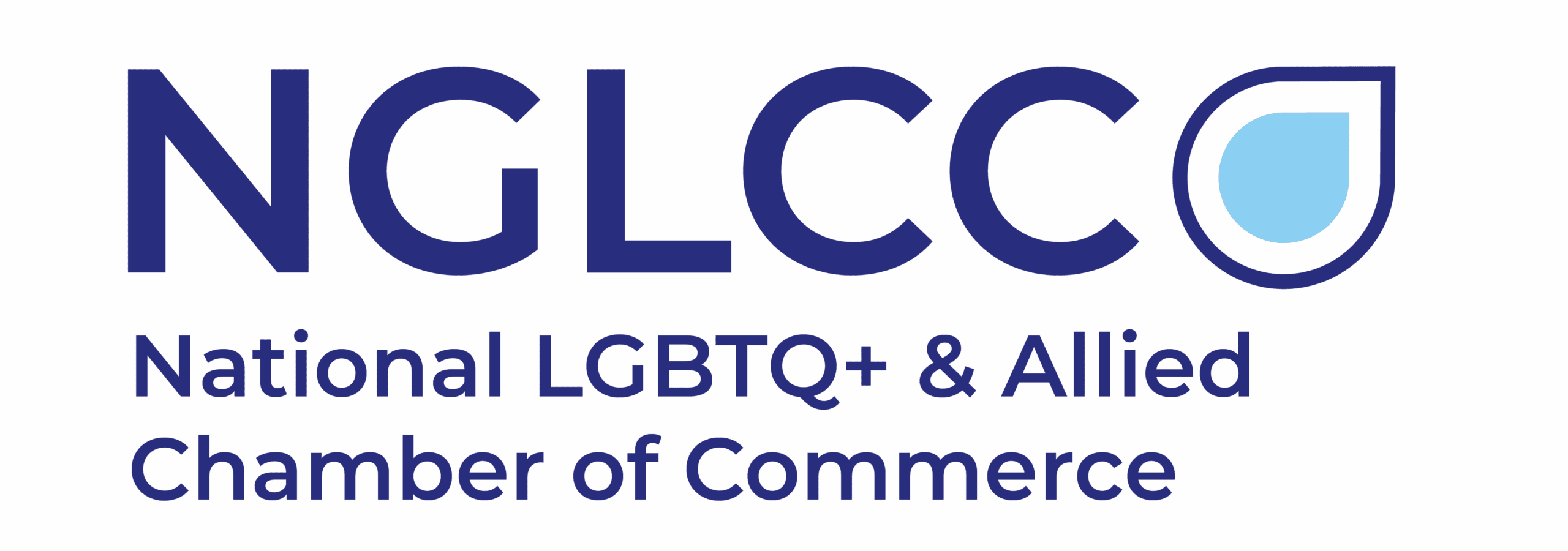For the last week, NGLCC Co-Founder and President Justin Nelson has been on a tour of Italy to strengthen and build support for the Italian LGBT business community. Mr. Nelson was invited to Italy by the U.S. Embassy as part of the Obama Administration’s larger mission to promote LGBT rights abroad. In coordination with the U.S. Embassy, he has taken part in several meetings as well as presented a series of lectures to LGBT leaders, business schools and LGBT youth across Italy. From October 2-4, Nelson spoke and led sessions at the Leaders for Change Convention in Milan, hosted by “Excellence & Diversity GLBT Executives” (EDGE). The tour also highlighted the announcement of a new Italian LGBT chamber of commerce, which has join NGLCC Global’s international network of Global Affiliates. All this takes place against a backdrop of shifting legal and cultural realities for LGBT Italians.
“On the one hand there is a marked shift in Italian views of sexual orientation and gender identity,” noted Justin Nelson. “More and more Italians are recognizing that their LGBT compatriots are equal to them in dignity and acknowledge that Italian laws should reflect this. On the other hand, there are those both in and out of the government who continue to block pro-LGBT legislation and pander discredited and inflammatory stereotypes about LGBT people. By empowering the LGBT business community we hope to show those groups opposed to LGBT rights that there are significant economic opportunities linked to non discrimination and a moral obligation to equality.”
The situation for Italy’s LGBT population is full of contradictions. A 2013 Pew survey of 39 countries revealed that 74% of Italians believe society should accept homosexuality, ranking Italy 7th, after countries like Spain and Germany, but ahead of France, the United States and Israel.[1] Consensual same-sex sexual activity has been legal in Italy since 1890, which, for comparison was not the case in the United States until 2003.[2]
However, legal protections and recognition of LGBT people in Italy lag behind other Western European countries. Italy’s only non-discrimination law, which bans employment discrimination based on sexual orientation, was introduced, in part because of pressure from the European Union.[3] This law fails to protect trans* people and does little to curb workplace harassment based on sexual orientation and gender identity/expression. According to the U.S. Department of State’s most recent human rights report 38% of LGBT adults report discrimination in the work place.[4] This rampant harassment manifest itself earlier this year in the central Italian town of Rimini, where a gay chef was forced by his employer to solicit a female prostitute in order to prove to his co-workers that he was heterosexual.[5] The International Business Times reported that the incident has sparked outrage in Italy and renewed calls by the Italian LGBT community for stronger anti-discrimination laws.
Recognition of same-sex couples, like many areas of LGBT life in Italy, is also contentious and contradictory. According to a January 2015 pool by Eurispes, 64% of Italians support legal recognition of gay couples in the form of civil unions, however the same poll found that 59% of Italians oppose gay marriage, a figure that increased 9% points from 2014.[6] This increase in anti-LGBT sentiments is mirrored by anecdotal evidence suggesting an uptick in homo/transphobic violence. Such trends are hard to track, however as Italian law fails to recognize homophobic and transphobic violence as hate crimes.[7]
Growing resentment of LGBT rights might also stem from increased external pressure on Italy to extend legal recognition to same-sex couples. With the exception of Germany (which recognizes civil unions) all of Italy’s neighbors in Western Europe now recognize same-sex marriage following Ireland’s marriage equality referendum earlier this year. Additionally, in July the European Court of Human Rights (ECtHR) ruled that Italy must recognize and protect same-sex unions in the case of Oliari and Others v. Italy. The issue is widely expected to be taken up during the current session of the Italian Parliament this fall.
“I am proud to represent NGLCC and NGLCC Global for these events and I am looking forward to working with an amazing group of people to make the Italian LGBT Chamber a reality,” said Nelson.
